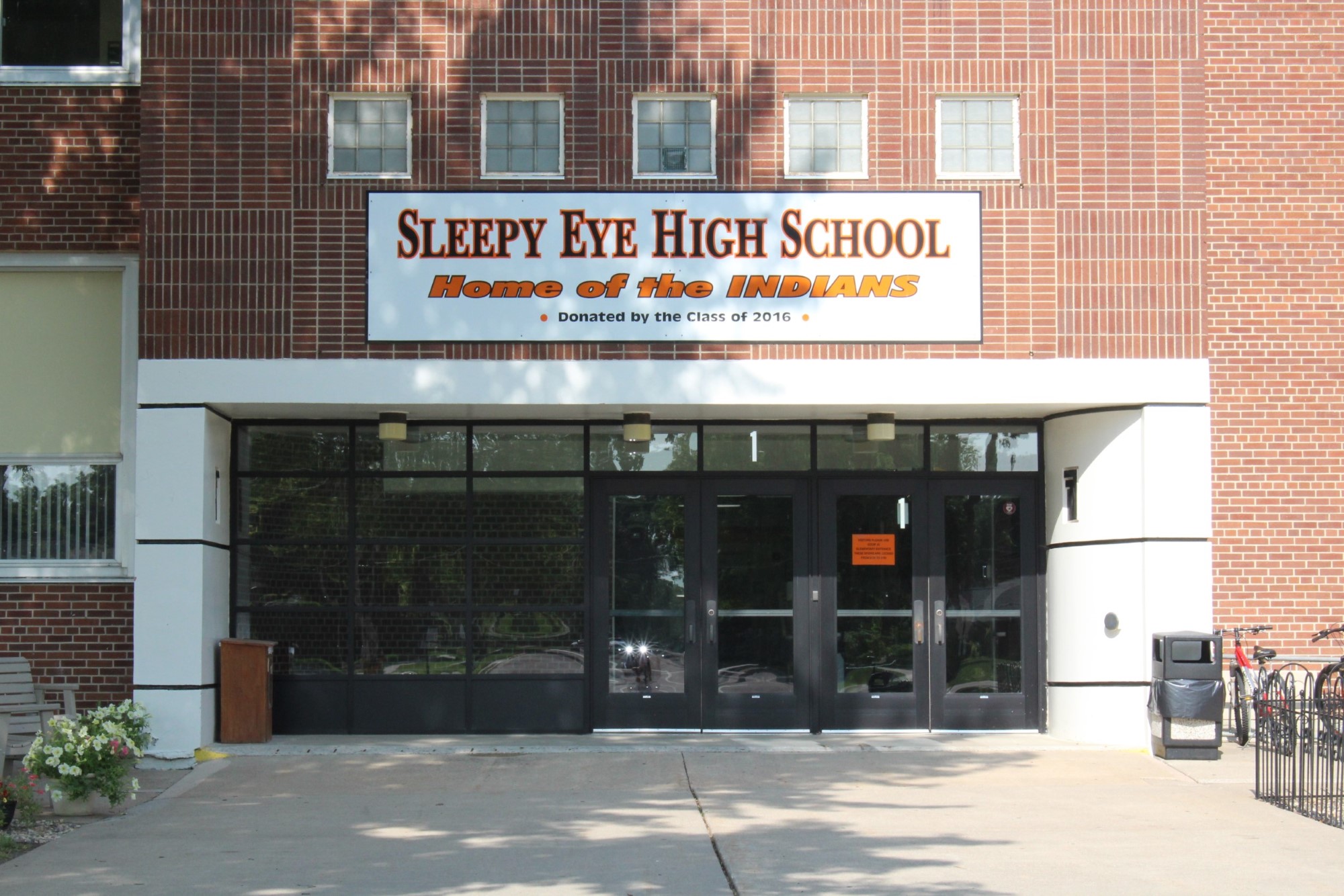Adopted: 7-9-15 MSBA/MASA Model Policy 427
Orig. 2015
Reviewed: 7-20-16, 7-19-17
427 WORKLOAD LIMITS FOR CERTAIN SPECIAL EDUCATION TEACHERS
[Note: School districts are required by Minn. Rule 3525.2340, Subp. 4.B., to have a policy for determining the workload limits of special education staff who provide services to students who receive direct special education services 60 percent or less of the instructional day.]
[Note: Minn. Stat. § 179A.07, Subd. 1, of the Public Employers Labor Relations Act (PELRA) provides that a public employer is not required to meet and negotiate on matters of inherent managerial policy. Matters of inherent managerial policy include, but are not limited to, the organizational structure, selection of personnel, and direction and number of personnel. MSBA’s position is that this policy is not a mandatory subject of bargaining. School districts, therefore, are cautioned to not relinquish their inherent managerial right to determine workload limits for special education teachers.]
I. PURPOSE
The purpose of this policy is to establish general parameters for determining the workload limits of special education staff who provide services to children with disabilities receiving direct special education services 60 percent or less of the instructional day.
II. DEFINITIONS
A. Special Education Staff; Special Education Teacher
“Special education staff” and “special education teacher” both mean a teacher employed by the school district who is licensed under the rules of the Minnesota Board of Teaching to instruct children with specific disabling conditions.
B. Direct Services
“Direct services” means special education services provided by a special education teacher when the services are related to instruction, including cooperative teaching.
C. Indirect Services
“Indirect services” means special education services provided by a special education teacher which include ongoing progress reviews; cooperative planning; consultation; demonstration teaching; modification and adaptation of the environment, curriculum, materials, or equipment; and direct contact with children with disabilities to monitor and observe.
D. Workload
“Workload” means a special education teacher’s total number of minutes required for all due process responsibilities, including direct and indirect services, evaluation and reevaluation time, management of individualized education programs (IEPs), travel time, parental contact, and other services required in the IEPs.
III. GENERAL STATEMENT OF POLICY
- Workload limits for special education teachers shall be determined by the appropriate special education administrator, in consultation with the building principal and the superintendent.
- In determining workload limits for special education staff, the school district shall take into consideration the following factors: student contact minutes, evaluation and reevaluation time, indirect services, management of IEPs, travel time, and other services required in the IEPs of eligible students.
IV. COLLECTIVE BARGAINING AGREEMENT UNAFFECTED
This policy shall not be construed as a reopening of negotiations between the school district and the special education teachers’ exclusive representative, nor shall it be construed to alter or limit in any way the managerial rights or other authority of the school district set forth in the Public Employers Labor Relations Act or in the collective bargaining agreement between the school district and the special education teachers’ exclusive representative.
Legal References: Minn. Stat. § 179A.07, Subd. 1 (Inherent Managerial Policy)
Minn. Rule 3525.0210, Subps. 14, 27, 44, and 49 (Definitions of “Direct Services,” “Indirect Services,” “Teacher,” and “Workload”)
Minn. Rule 3525.2340, Subp. 4.B. (Case Loads for School-Age Educational Service Alternatives)
Cross References: MSBA/MASA Model Policy 508 (Extended School Year for Certain Students with Individualized Education Programs)
MSBA/MASA Model Policy 608 (Instructional Services – Special Education)

